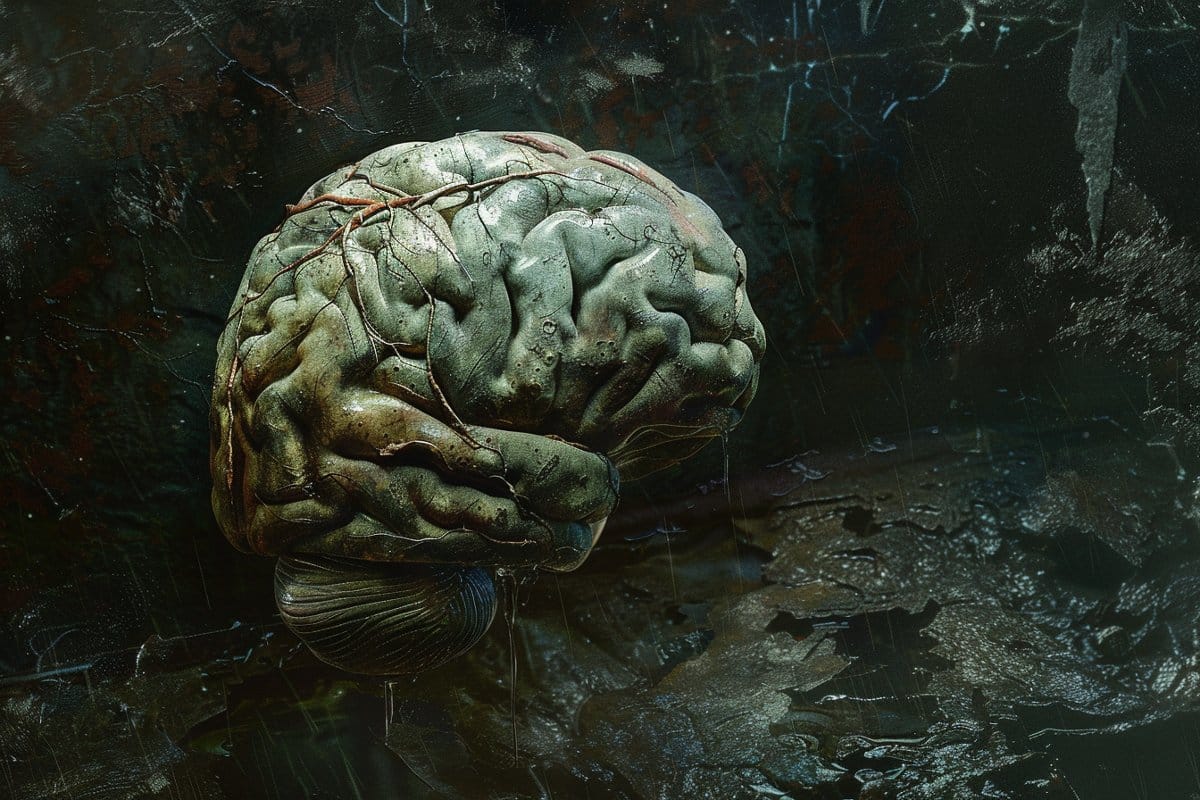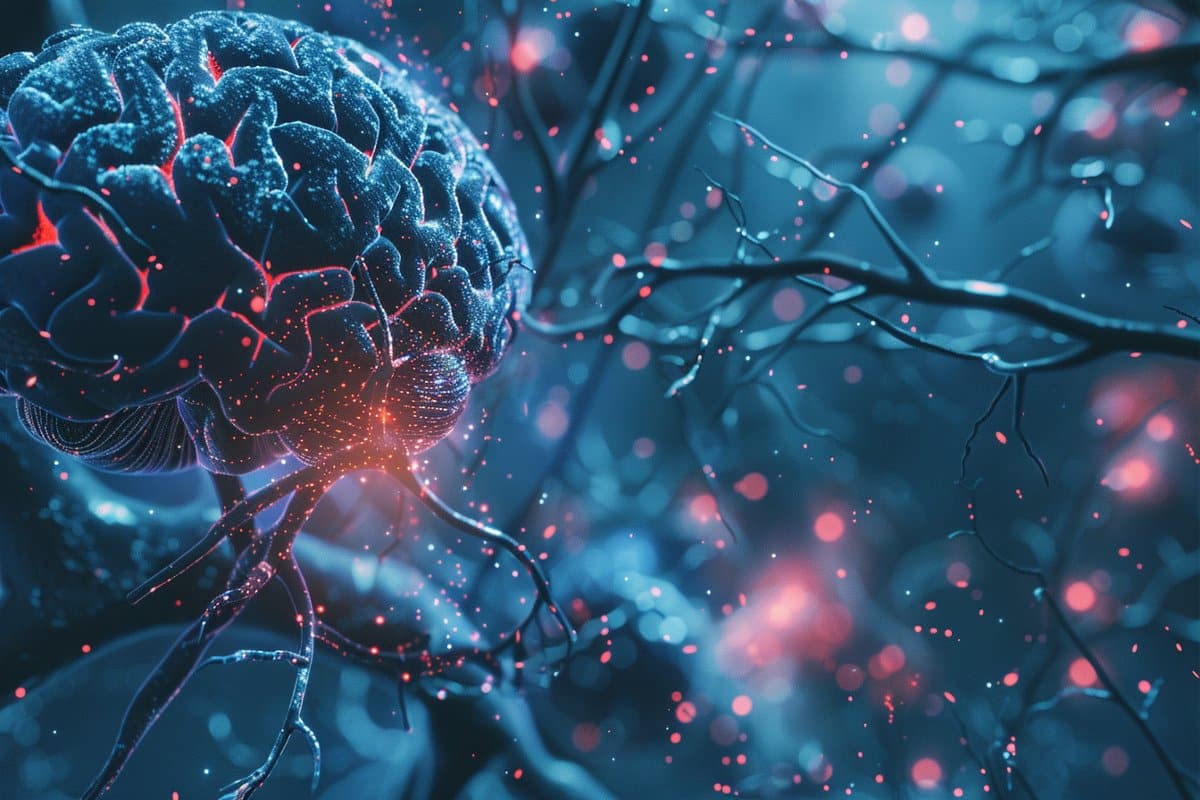How the Brain Perceives Cooling Sensation
Summary: A new study delves into how our brains perceive temperature, particularly through the cooling sensation experienced when eating something like a chilled mint cookie. The study focuses on TRPM8 receptors in the mouth, which are activated by cold temperatures and menthol, explaining why mint tastes more intense when cold. They discovered that removing TRPM8 … Read more









